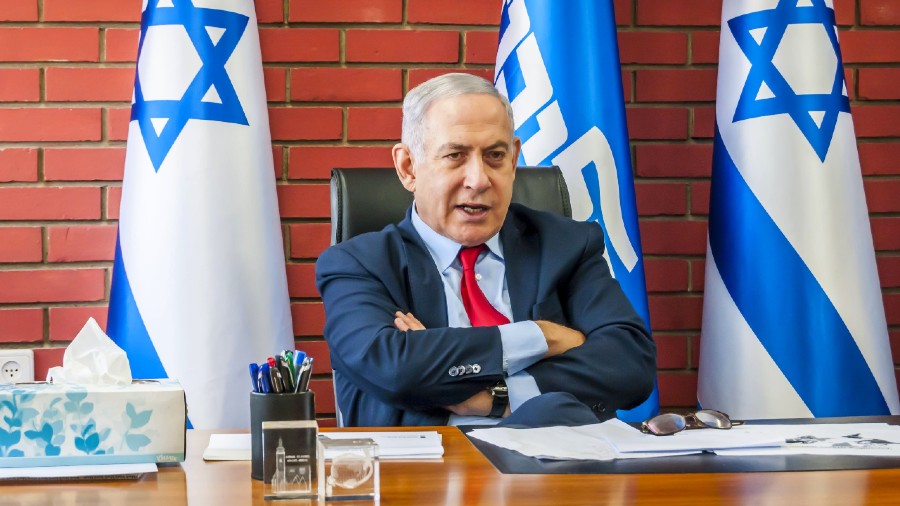Israel is headed for its fifth national election in three years after the collapse of a wobbly coalition under the outgoing prime minister, Naftali Bennett, plunged the nation into fresh political uncertainty earlier this week. But the chaos offers an opportunity for Benjamin Netanyahu, the seemingly eternal ‘comeback kid’ of Israeli politics, to plot a return to power, even though it could pose tests for imminent efforts to build new partnerships in the Middle East involving India. Mr Netanyahu has led Israel longer than any other leader, and his Likud party is currently tipped to re-emerge as the single-largest political formation in the coming election. He faces serious corruption charges, and his opponents worry that if he holds office again, he might try to weaken or kill the ongoing investigations against him. But the imminent fall of Mr Bennett’s government also marks a setback for the bold attempt at Israel’s first rainbow coalition, with members from the Left, Right and Arab parties all sharing power. Mr Netanyahu has already said that he will not partner with the Arab grouping in Israel’s Parliament.
To be sure, partners switching sides is as common in Israeli politics as it is in India’s messy democracy, and much can change between now and the election, likely to be held in autumn. But the demise of the coalition government over its failure to extend a controversial law that allows Israelis to enjoy greater rights than Palestinians in the occupied West Bank could strengthen the Right, bolstering Mr Netanyahu’s chances. For the region and the world, the run-up to the election could be fraught with challenges. The West’s negotiations with Iran on the nuclear deal are already stumbling: in the past, vote-seeking Israeli politicians have tried to outdo each other in creating roadblocks to any normalcy in ties between Washington and Tehran. An election also usually leads to heightened anti-Palestinian rhetoric in Israel. With very little meeting ground between the two sides, inflammatory rhetoric could be particularly dangerous now. Meanwhile, a visit by Joe Biden, the president of the United States of America, to Israel in July will now be hosted by a lame-duck government, which will also lead the country in a summit with the leaders of the US, India and the United Arab Emirates. The shadow of the upcoming vote in Israel would not be limited to a tiny strip of land in West Asia.










